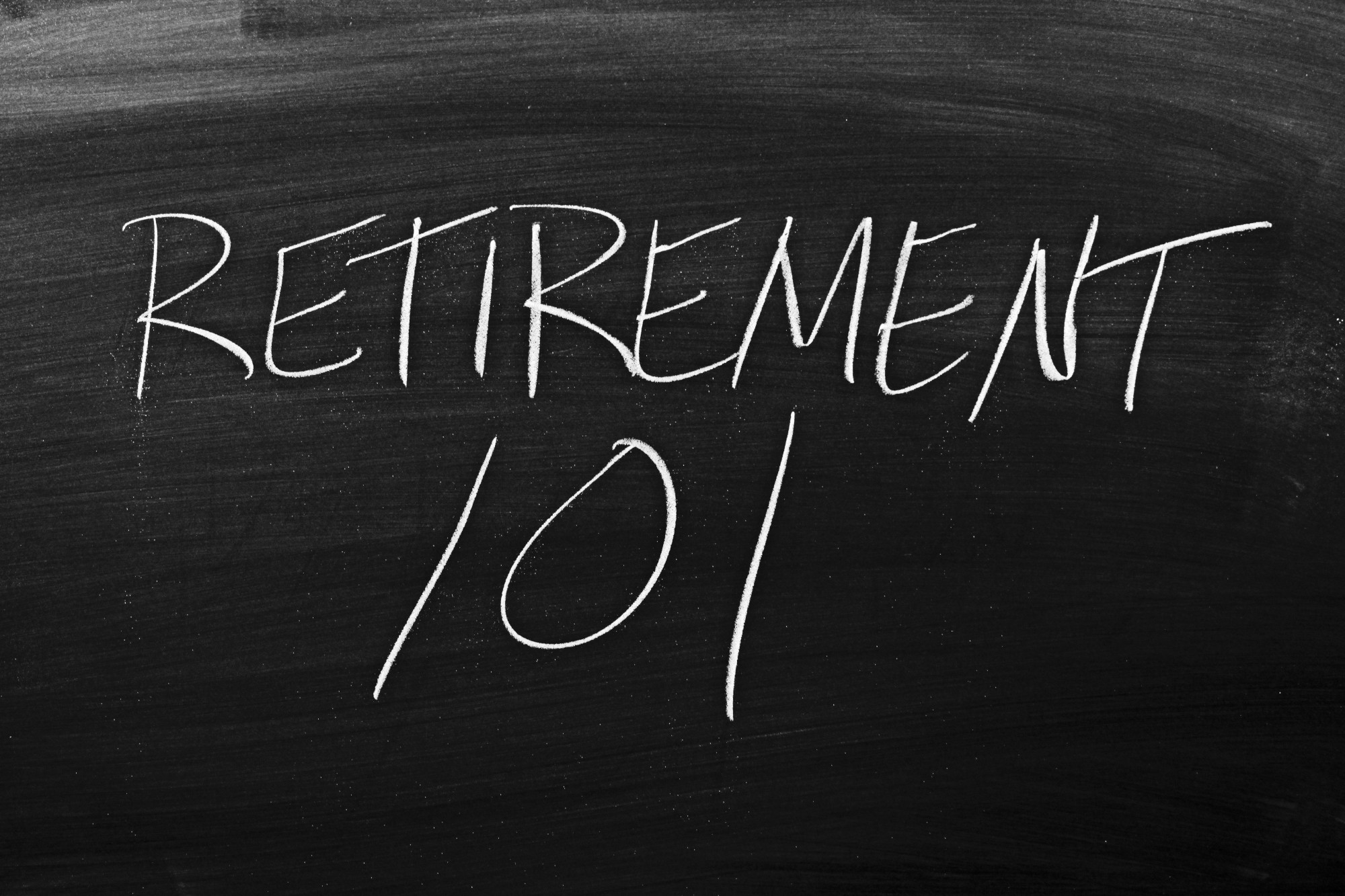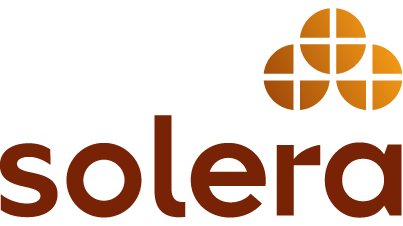Ready to Retire? 5 Types of Plans You Should Know About

06 Jan 2020
About two-thirds of the American workforce retire by the time they are sixty-six.
Many folks look forward to traveling, taking classes, or spending more time with family in retirement.
How do you fund your golden years? The earlier you start planning, the better off you will be.
Here are some types of plans many Americans count on.
1. 401K Plans
401K plans are offered by many employees as a benefit. These allow you to allot a portion of your pre-tax paycheck to tax-deferred investments. Ultimately, it will reduce the amount of money you will need to pay in income taxes each year.
Some employers may “match” 401K contributions by up to 6%. This is free money that should not be overlooked for retirement.
401K money remains tax-deferred until you withdraw from the account. You may, however, have to pay a penalty of 10% if you take out money before you are 59 1/2 years old.
2. Pensions
Old-fashioned pensions are beginning to fade out of many professions, but they are still alive and well in certain fields. If you are in teaching, state or local government, or utilities, you still may have a pension available to you when you retire.
Pensions require little thoughtful involvement on the employee’s behalf. Your employer will simply contribute to your pension on your behalf until you retire.
The downside of pensions is that there is no adjustment for cost of living later on. You will be making the same amount of money each year of your retirement.
3. Individual Retirement Accounts (IRA’s)
Individual Retirement Accounts, or IRAs, are tax-favored investment accounts that give you more control of where your money gets invested. You may choose stocks, bonds, or mutual funds. Make investment decisions yourself or you can have a financial advisor help you.
You will pay no taxes annually on investment gains with an IRA, which will help you to grow your funds more quickly. As with a 401K, you will likely have to pay a 10% penalty if you withdraw funds before age 59 1/2. You are required to begin taking money out by age 70 1/2.
4. Roth IRA’s
Unlike regular IRAs, Roth IRA accounts are created from after-tax dollars. You may, however, withdraw money from them without penalty as long as your first contribution was at least five years ago.
Roth IRAs are a great place to invest extra cash if you are in your 20’s or 30’s and certain your income will grow. Your total contributions to both an IRA and Roth IRA cannot exceed $6,000 a year. The limit is $7,000 a year if you are over age 50.
5. Guaranteed Income Annuities
With guaranteed income annuities, you buy a fixed income for your retirement. This income may be paid monthly, quarterly, or annually. It is recommended that you research companies that are highly-rated and well-established if you are looking for guaranteed income.
The Best Types Of Plans For Your Retirement
The best types of plans for your retirement depend upon your age, income, and preferred savings methods. With a little planning, you will be taking cooking classes with your grandkids in no time!
For more information on investing, contact us today.

